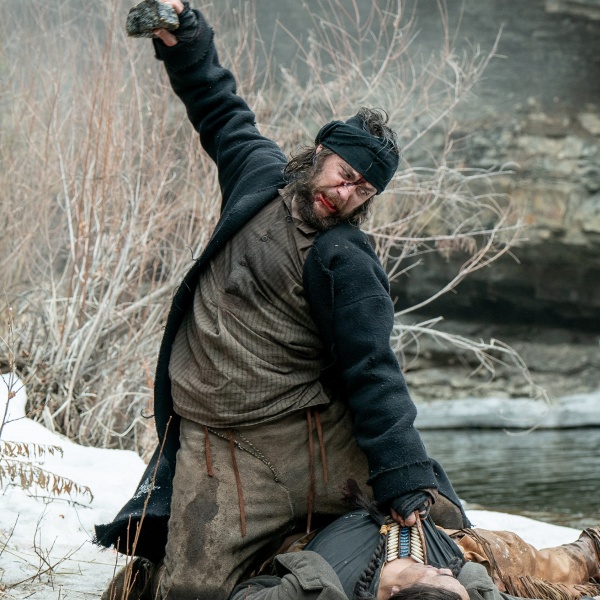
— by William Goss
In the spirit of Lotterman (Richard Jenkins), the harried editor of the San Juan Star, and his instructions to new hire Paul Kemp (Johnny Depp) – “Nobody wants to read what’s wrong with the place; they want to read what’s right” – let’s start with what’s right about “The Rum Diary.” A shaggy adaptation of Hunter S. Thompson’s long-buried work of fiction, it feels like a postcard portrait of Puerto Rico circa 1960, with notes scrawled all along the margins and ink blotted by the drops of a drink or three.
A surrogate for young Thompson, Kemp is on the island for work, and so Lotterman sticks him on the bowling alley beat with horoscopes on the side. The paper is on its last legs, so the editor hopes that having this unpublished novelist write the familiar well might help keep the paper afloat. Kemp describes his own drinking habits as “at the upper end of social,” and often in such a state, he finds himself easily swayed by the wheelings and dealings of slick-talking Hal Sanderson (Aaron Eckhart) and dissuaded from covering the poverty that lurks behind the prime real estate that Sanderson’s eager to get his hands on.

In between fine dining and close encounters with Sanderson’s especially ravishing piece of arm candy, Chenault (Amber Heard), Kemp bumbles his way into assorted misadventures with Star photographer Bob Sala (Michael Rispoli) and ostensible crime correspondent Moberg (Giovanni Ribisi, more evidently the embodiment of latter-day Thompson).
Writer/director Bruce Robinson (“Withnail and I“) keeps the environment colorful and the camera hovering as our boozing hero bounces in and out of trouble all over this tropical paradise. Eager to divorce himself from the gonzo persona of Terry Gilliam‘s “Fear and Loathing in Las Vegas” adaptation, Depp’s performance is mostly wide-eyed astonishment in the face of obstacles sexy, angry and psychedelic, with only hints of passion and indignation coming forth towards the end. He’s reliably amusing in the moment – a deadpan partner-in-crime with Rispoli and sometimes Ribisi, and understandably agog over Heard – but at an older age than suggested on the page, it’s harder to buy Kemp’s naïvete as Sanderson tries to guide his column inches favorably.
And if Kemp had been played by a younger actor, it might have lent an extra resonance to Rispoli’s bone-deep weariness, as he quests for nothing more than to ditch Puerto Rico for Mexico and strive for relevance there instead, with his resignation ideally combating Kemp’s newfound ire against fat cats wherever they may live. As the epitome of American capitalism, Eckhart is almost too easy a scoundrel with his trademark grin and hair-trigger temper, and as the quintessence of anti-establishment laissez-faire, Ribisi’s froggy persona borders on showboating and yet proves key to offsetting the flagging energy that marks the film’s second half.
Yes, after all the cabana confrontations, encounters with witch doctors and experimentation with both drink and drugs, “The Rum Diary” starts to lose its buzz. As Kemp turns from a cruiser into a would-be crusader, his muckraking tendencies arise too late, fueled by retaliation rather than redemption in the eyes of impoverished locals, and Robinson becomes so consumed with dodging a conventional, compassionate conclusion that he hardly offers any ending at all. Charming though the majority of the film may be, for a story about a man finding his voice, this one eventually loses its nerve. [B-]



